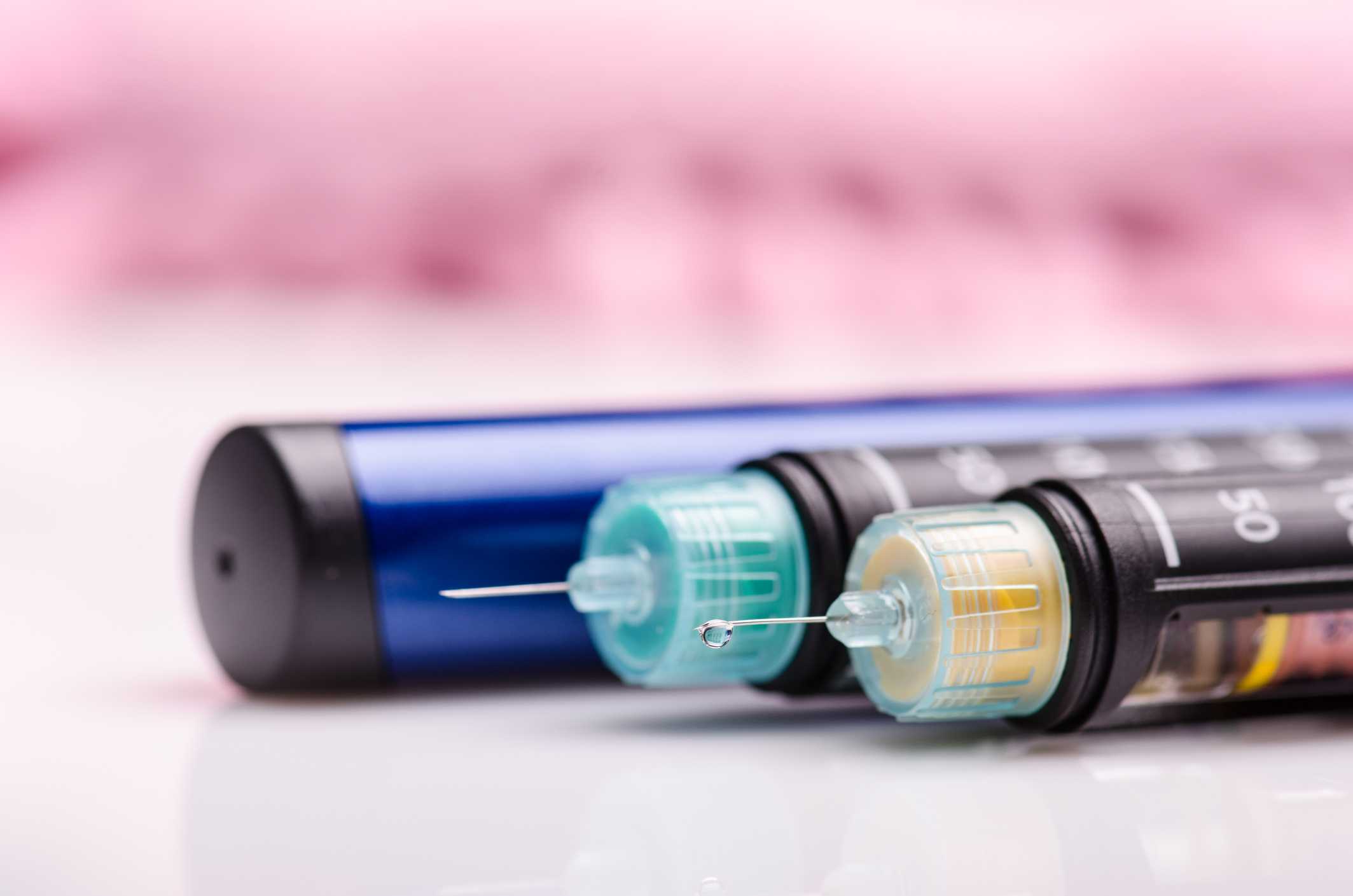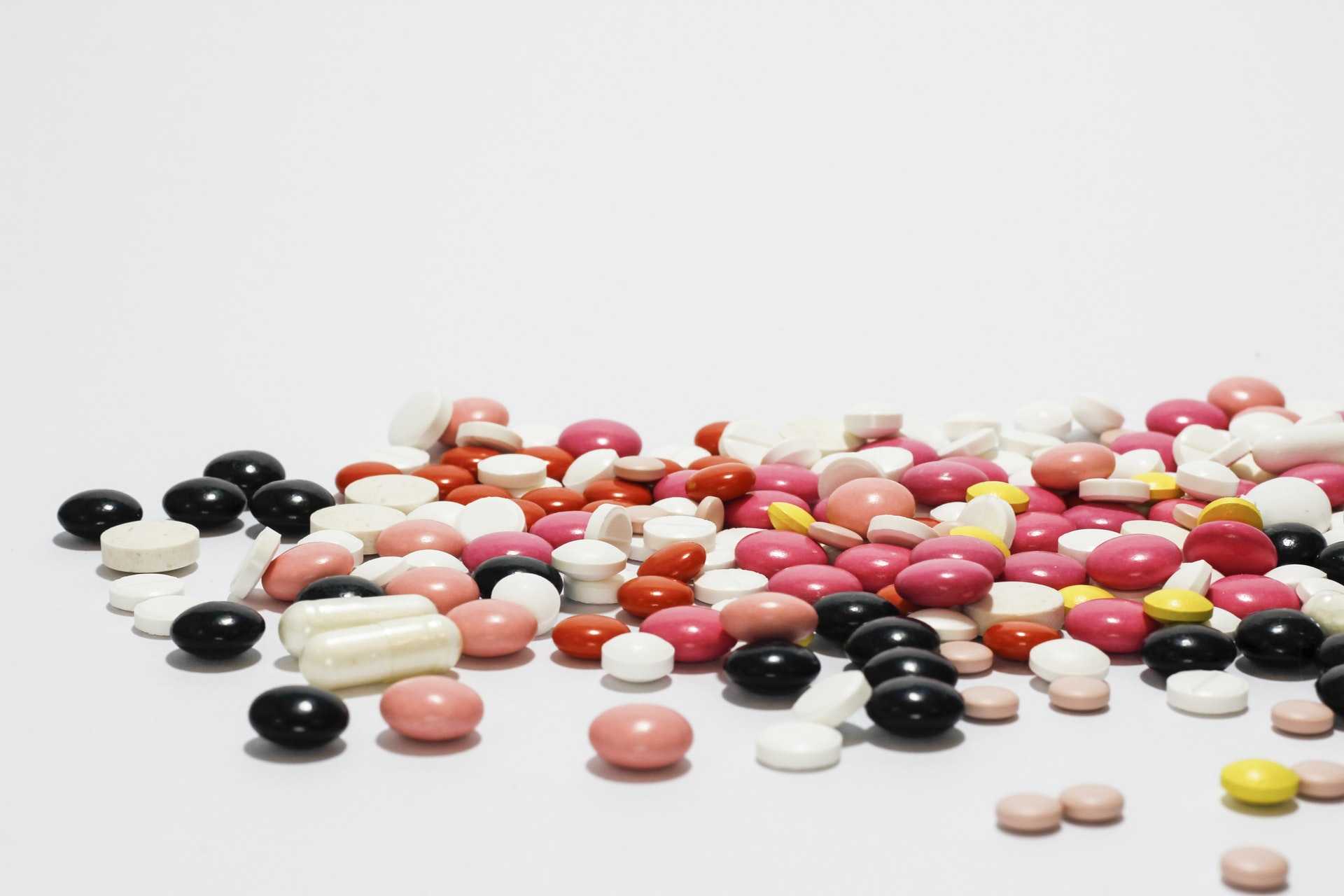The World Health Organization (WHO) has announced plans to tackle high costs of insulin to prevent families affected by diabetes from falling into economic hardship.
The WHO’s two-year plan will encourage drug companies to produce generic versions of insulin to enable more people to access the life-saving medication.
Insulin was first introduced in 1923 with a vial of insulin initially sold for $1 (78p). Since then, the cost has risen to about $300 (£233) per vial.
Emer Cooke, Director of Regulation of Medicines and other Health Technologies at WHO, said: “The simple fact is, that the prevalence of diabetes is growing, the amount of insulin available to treat diabetes is too low, the prices are too high, so we need to do something.”
In a speech made to mark World Diabetes Day, the United Nations Secretary-General Antonio Guyerre said: “Diabetes damages health and undermines educational and employment aspirations for many, affecting communities and forcing families into economic hardship.”
At the moment the insulin market is dominated by three key pharmaceutical companies. The WHO wants to change this in a bid to make the treatment more affordable.
It is hoped that if the generic version of insulin passes stringent safety tests, it will drive down the cost of the medication across the global marketplace.
Ms Cooked added: “We’re going to look at the number of companies that will apply, we’re going to look at how long it takes, we’re going to look at the outcomes and we’re going to see whether this makes sense and it really is increasing access.”
Rising insulin costs in America have led to people rationing their drugs. For those with diabetes, rationing insulin doses can be very damaging and lead to complications such as stroke, kidney failure, blindness and lower limb amputation.
According to WHO research, data from 24 countries on four continents, collected between 2016 and 2019, showed that human insulin was only accessible in 61% of health facilities.
Encouraging other drugs companies to make generic versions of a drug was also applied to HIV medication in 2001.
Ms Cooke said: “When (HIV) anti-retrovirals were first produced, the cost per patient per year was $10,000. Once we opened prequalification for generic HIV products, the price went down to $300 per year.
“We’re also confident that competition will bring prices down. That way, countries will have a greater choice of products that are more affordable.”
The announcement was made during a conference at the headquarters of the United Nations in Geneva, Switzerland.






